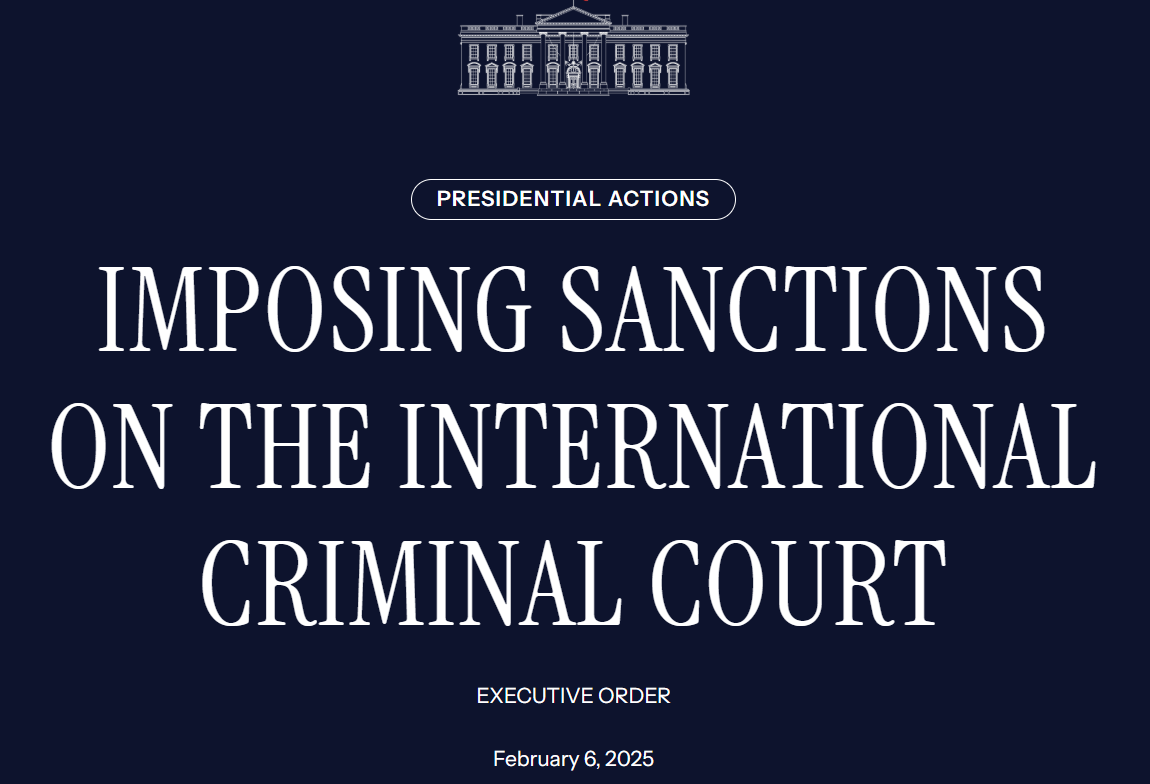Trump Sanctions the ICC and Its Officials
Is International Law and Justice Obsolete?
On February 6, President Donald Trump signed an executive order imposing sanctions on the International Criminal Court (ICC) and its officials. The order, stemming from Trump’s misapprehensions about the international justice body, is set to further increase tensions between the US (and its ally Israel) and the ICC. As the order clearly states:
“Any effort by the ICC to investigate, arrest, detain, or prosecute protected persons, as defined…, constitutes an unusual and extraordinary threat to the national security and foreign policy of the United States, and I hereby declare a national emergency to address that threat.”
This comes amid the Israel-Palestinian conflict and what Trump describes as a deliberate targeting of Israel. It follows closely after Netanyahu’s rapid visit to Washington, as he is currently facing an ICC arrest warrant.
With this order, the table seems to have turned, with Trump stepping in to support Netanyahu while pressuring the ICC. The order carries wide-ranging consequences for the global order, international relations, and the international justice regime, and it is very likely to impact regional geopolitics in the Middle East.
Key Points of the Executive Order:
Financial sanctions and visa restrictions will target ICC officials involved in investigations or legal proceedings against US citizens or allies.
The sanctions extend to family members of the affected ICC officials.


